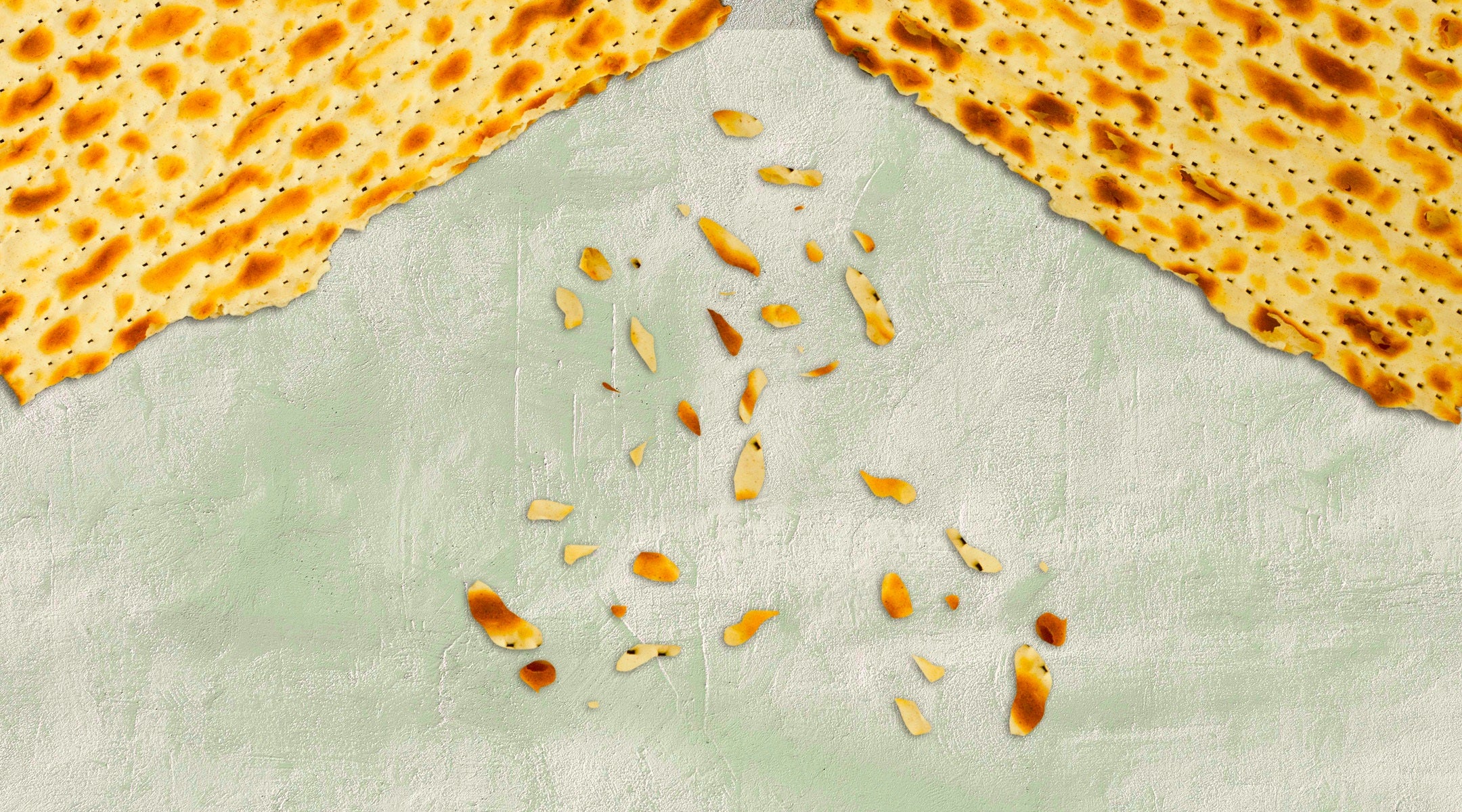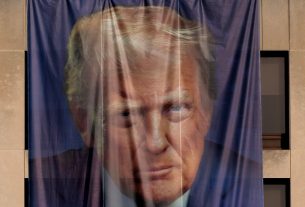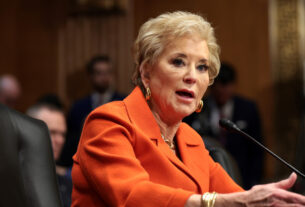Months after being forced out as president of the University of Virginia, Jim Ryan is still pondering Passover food.
More specifically, Ryan, who was pushed out of the role over the summer amid mounting GOP pressure on the public university, cited the topic as an example of why he was confused about the “DEI ban” imposed earlier this year by the public school’s board. The ban had been drafted by the office of the state’s Republican governor.
“It’s not clear even today what it means to kill DEI,” Ryan wrote in a letter Friday to the UVA faculty senate telling his side of the story.
He went on: “For example, did it mean that we could no longer try to recruit qualified first-generation students from rural parts of Virginia, or offer financial aid, or even serve matzah in the dining halls during Passover, because each of those efforts would be advancing diversity, equity, and/or inclusion?”
The candid look behind the curtain was a reflection of broader struggles on campuses to satisfy conservative demands on both antisemitism and DEI. As the Trump administration has taken up the mantle of campus antisemitism after the Oct. 7 attacks, it has strong-armed universities to make substantial changes in order to preserve their federal funding — not just to its dealings with Jewish students, but also to other conservative hobbyhorses like DEI initiatives.
The first public university to strike a deal with Trump to end an antisemitism investigation, UVA was also quick to fall in behind a “DEI ban.” The school is now becoming a flashpoint as Glenn Youngkin, the outgoing Republican governor who pushed the DEI ban, and Democratic Gov.-elect Abigail Spanberger, elected as part of a broader “blue wave” opposing Trump, are warring over who gets to appoint Ryan’s replacement.
Ryan, who remains an emeritus professor at the school, wrote that he felt compelled to revisit his resignation because Youngkin’s assertions about the state of affairs at UVA needed to be corrected.
“I think it is time to set the record straight, which will hopefully enable UVA to make all necessary changes in order to end this chapter and begin a fresh, new chapter in the history of a remarkable university,” Ryan wrote.
University of Virginia President Jim Ryan speaks at a memorial service in Charlottesville, Va., Saturday, Nov. 19, 2022. (Mike Kropf/The Daily Progress)
The DEI ban was only part of UVA’s turmoil this summer. A subsequent Justice Department investigation into the school’s student admissions and hiring practices, Ryan wrote, soon expanded without warning into an antisemitism investigation.
“We assembled voluminous information related to admissions for one or more of our twelve schools, and a few days before the deadline for submission, we would receive another DOJ inquiry asking about another school,” he wrote. “They also sent a letter asking about antisemitism and one alleged incident of antisemitism in particular. Each time the scope of the DOJ inquiry expanded, our lawyers asked for and received extensions for submission of material.”
Ryan did not elaborate on the specifics of the “one alleged incident of antisemitism” in his letter but said that investigators’ interest in antisemitism seemed to be “part of a pattern” of the DOJ throwing more and more allegations against the school. He also speculated that the investigators were simply using such allegations as a leverage tactic against the school.
“It is impossible for me to know, but the timing of the DOJ letters, the ever expanding scope of their inquiries, and their willingness to give us extension after extension made me wonder more than once if the DOJ was not actually interested in our response,” he wrote. He came to conclude that the government wouldn’t drop its investigations, including on antisemitism, unless he stepped down.
Ryan did so this June, after which UVA reached a settlement with the government to drop its antisemitism investigation and others. Unlike other university deals with Trump, this one did not require UVA to pay a fine. Instead, the school agreed to abide by Justice Department guidelines on other issues not related to antisemitism, including the school’s existing general ban on DEI.
As for matzah in the dining hall, no school has yet been criticized as excessively inclusive for offering kosher food. In fact, several universities facing allegations of antisemitism tied to their handling of anti-Israel protests have expanded their kosher dining-hall offerings as part of their overtures to Jewish students.
Power the news that matters to you. Before 2025 ends, help (JEWISH REVIEW)’s independent, award-winning newsroom document Jewish history in real-time.




